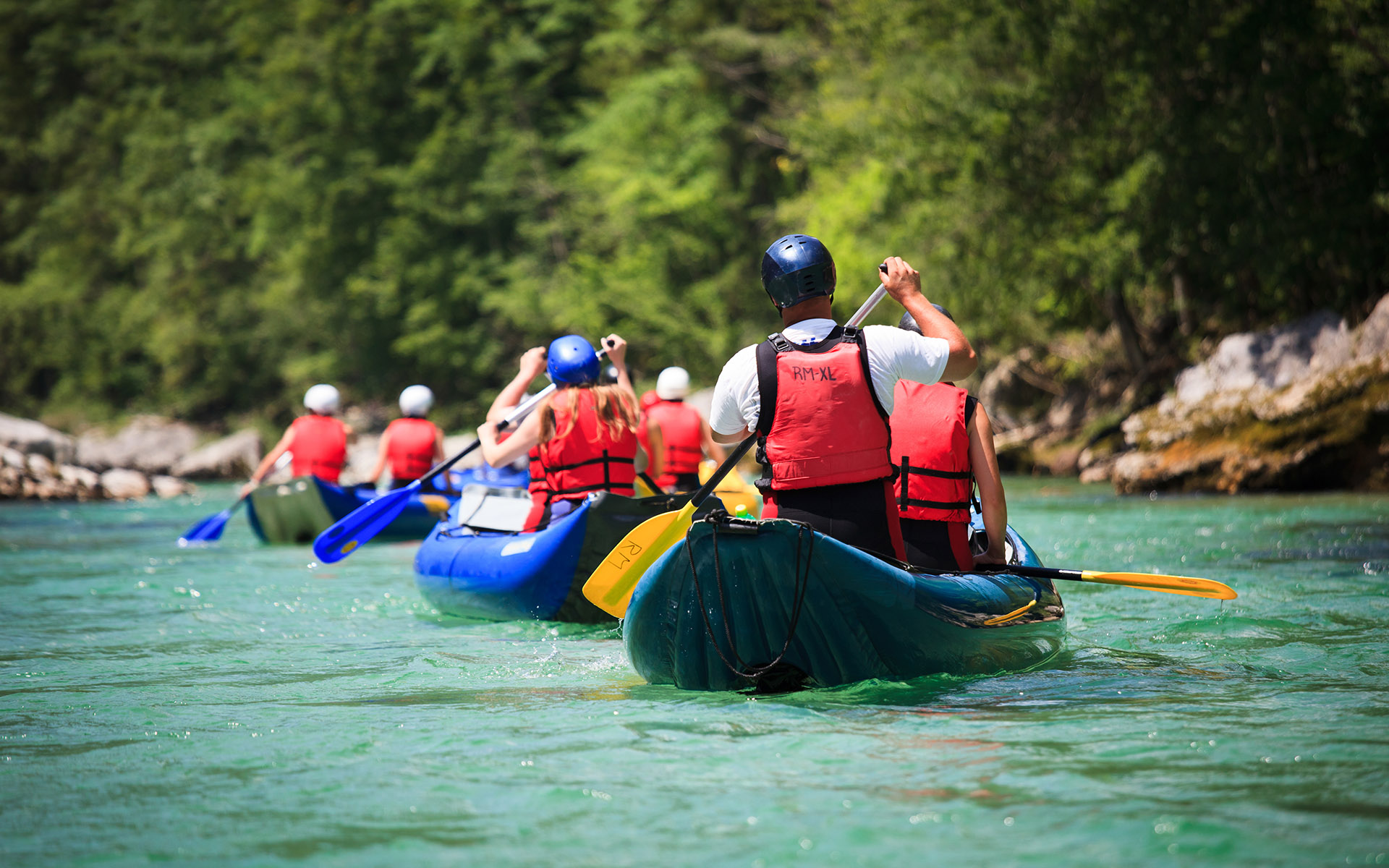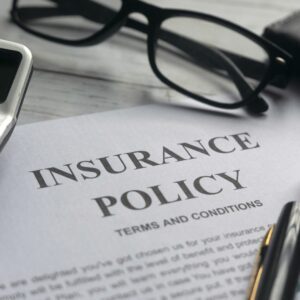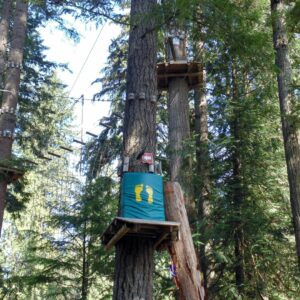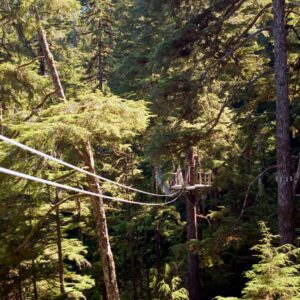
Navigating an adequate insurance program can be complex, and making mistakes can have severe consequences. It’s the stuff of nightmares. That’s why the adventure insurance experts at Granite Insurance are here to help! In this blog post, Adventure & Entertainment Risk Consultant Ruthie Rivers shares common mistakes to avoid in your insurance program to help better protect your team, your guests, and your assets.
1. Not having “Hired & Non-Owned Auto” coverage included
Whether or not your company owns vehicles, your business does have auto liability exposure. Make sure you’re covered for it, and not surprised by an uncovered claim down the road. This is a very affordable coverage to add if you don’t already have it!
2. Not having Sexual Abuse & Molestation coverage included
Many adventure operator insurance programs currently have this coverage excluded. It’s fairly easy and affordable coverage to add, it just takes a little guidance from your insurance team, and a few steps!
3. Mismanaging Off-Season Auto coverages
For a seasonal business, it often makes sense to only pay for insurance on your vehicles when they are being utilized. If they’re sitting parked over the winter, there are a few different strategies to help you save some money. But if it is mismanaged, it could lead to severe consequences!
4. Not having Business Interruption coverage included
If you suffer property damage to your Building or Business Personal Property at the beginning of your season and can’t operate in your key 3 months, will your business survive financially until the next year? There’s an easy and affordable way to plan ahead to cover your ongoing expenses and to keep your essential employees around in this scenario.
5. Not promptly Reporting Accidents to your insurance team
Accidents should be reported promptly. This allows your insurance team to provide guidance and sets you up to be more defendable in the scenario of a future lawsuit. And did you know – if an accident is not promptly reported but later turns into a lawsuit, your insurance carrier has the right to deny coverage!
6. Not having sufficient limits for Worker’s Comp – Employer’s Liability
We’re working in an inherently risky industry, sometimes leading to severe injuries. Just like we need to have higher General Liability limits, we need to think the same way when it comes to our Worker’s Comp programs. $500,000 limits on your Worker’s Comp Employer’s Liability is not sufficient in most cases.
7. Excluding Owners from Worker’s Comp coverage when they are involved in operations
Often, the owner of an adventure operation has their own personal health insurance coverage, and feels that cutting themselves out of Worker’s Comp coverage is an easy way to save some money. But this is not the place to do it! Did you know that most personal health insurance policies exclude coverage for injuries that occur at work? You could be left without any coverage at all for an injury, and that’s scary stuff.
8. Having General Liability exclusions that don’t fully cover your operations
All General Liability policies are NOT built the same. There are all kinds of exclusions and sublimits we see when reviewing other programs. Some of the worst examples include a “Participant Exclusion” (yes, you have “General Liability coverage”, but any of your activity participants are excluded from it!) or a $10,000 per claimant sublimit (not the full $1,000,000 you expected!) and so many more. These are the things that keep us up at night.
9. Not having an Umbrella/Excess policy in place
In adventure industries, you often have accident scenarios arise that could quickly exceed your “base” policy limits and leave you paying out of pocket. Does it make sense to raise your limits through adding an Umbrella or Excess policy to your program?
10. Not re-evaluating your Property Valuations
Property values have gone UP…especially since 2020. If you haven’t re-evaluated your property replacement costs on your insurance program in the last few years, you could be in big trouble when damage occurs to your property. You won’t receive the full amount you need from your insurance carrier to rebuild, and you could even be left with a fine/penalty if you are underinsured.
11. Not communicating new Activities or Programs to your insurance team
Insurance programs are living, breathing things. Okay – maybe not, but they DO need to keep up with the times and grow/adapt as your business grows. If you add a new activity, but don’t communicate it to your insurance team, you could be left without coverage in the event of an accident! Communication is key.
12. Not working with an Agency that Specializes in the industry!
All of these previous 11 take-aways? They can be solved by simply working with the right insurance partner! An agency that specializes in the industry knows what to look for, knows which carriers can provide adequate protection, and can provide you with tailored guidance for the industry and for your operation.
Let us know if we can provide an analysis of your program! We’ll comb for the above mistakes and more, and can let you know where we are seeing room for improvement. It’ll help us, and you, sleep better at night.













